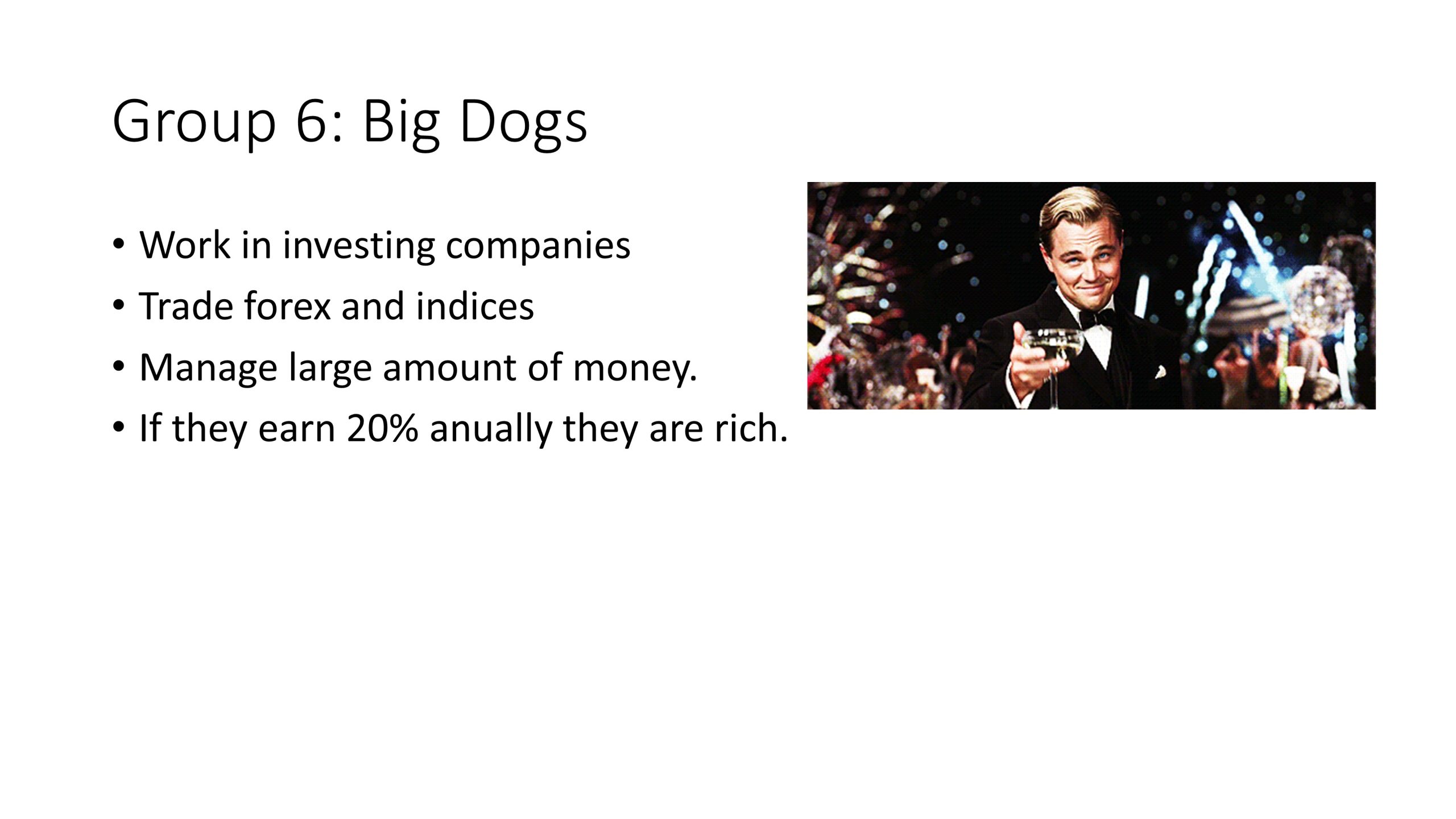Table of Contents
In investing, the most critical measurement is ROI, the investment return. Investors dream of increasing business growth several times.
A “ten-bagger” (“10 baggers”) is a term used by investors to describe an investment that is exited at 10 times the initial investment; in other words, it generates a return on investment (ROI) of 1000%. In stock trading, a ten-bagger portfolio investment appreciates to 10 times its initial purchase price.
10 bagger meaning history: The term 10 Bagger became more common after being used by Peter Lynch, the renowned Wall Street investor. He borrowed the term from baseball, in which all extra hits are referred to as baggers.

Ten baggers are mainly used to describe stocks that are growing tenfold within a given time frame. An investor who benefits through a 10-bagger typically is for the long term.
Ten Bagger in Detail
Most investors in private equities seek at least a return of three times on investment, commonly known as the three-bagger. A refined metric for measuring returns would be an internal return on investment (IRR). An IRR of 25% would hold a typical minimum threshold for PE investors, around three-bagger for five years.
Therefore, when an investment of equities worth $10 million is made, the investor realizes around $30 million over a five-year period for a three-bagger.
Typically, venture capital investors look for 7 to 10 bagger deals, as they generally invest in less established, high-risk startups requiring significantly high returns.
Peter Lynch and Ten Baggers
Ten baggers are a term coined by famous investor Peter Lynch for stocks with returns ten times their first purchase price. Ten baggers begin as stocks with strong earnings growth, but they are still tradable with profitable valuations. Deep industry knowledge is necessary. Developing industries produce more than ten baggers compared to established ones.
1. Peter Lynch
- Investment: Dunkin’ Donuts
- Details: While managing the Magellan Fund at Fidelity, Lynch invested in Dunkin’ Donuts, which became one of his famous 10-baggers. His investment philosophy involved finding undervalued stocks with strong growth potential.
2. Warren Buffett
- Investment: Coca-Cola
- Details: through Berkshire Hathaway, Warren Buffett invested heavily in Coca-Cola in the late 1980s. The investment grew significantly, becoming a classic example of a long-term 10-bagger.
3. Jeff Bezos
- Investment: Amazon.com
- Details: Jeff Bezos founded Amazon and invested his money to grow the company. Amazon’s stock price has appreciated dramatically since its IPO, making it a multi-bagger many times over for early investors, including Bezos himself.
4. Reed Hastings
- Investment: Netflix
- Details: Reed Hastings, the co-founder and CEO of Netflix, saw the company’s stock price soar over the years as it transformed from a DVD rental service to a global streaming giant. Early investors in Netflix have seen returns far exceeding ten times their initial investment.
5. Elon Musk
- Investment: Tesla
- Details: Elon Musk’s significant investment in Tesla, both financially and in terms of time and effort, has paid off spectacularly. Tesla’s stock price has experienced meteoric growth, creating substantial returns for early investors.
6. Peter Thiel
- Investment: Facebook (Meta Platforms)
- Details: Peter Thiel, co-founder of PayPal, was the first outside investor in Facebook, investing $500,000 in 2004. Facebook’s IPO and subsequent growth turned his investment into a multi-billion-dollar stake, far exceeding a 10-bagger.
7. Bill Gates
- Investment: Microsoft
- Details: Bill Gates, co-founder of Microsoft, saw the company’s stock grow exponentially from its early days. Investors who bought Microsoft stock in its early years have often enjoyed returns over their initial investment.
8. Larry Page and Sergey Brin
- Investment: Google (Alphabet)
- Details: Google’s co-founders saw their company grow from a startup to a global tech behemoth. Early investors, including themselves, have seen returns that qualify as multi-baggers, significantly surpassing the 10-bagger mark.
9. Mark Zuckerberg
- Investment: Facebook (Meta Platforms)
- Details: As the founder and a significant shareholder of Facebook, Mark Zuckerberg’s initial equity stake has grown tremendously, offering returns well beyond 10 times the initial investment.
10. Jack Ma
- Investment: Alibaba
- Details: Jack Ma, the founder of Alibaba, saw his investment and ownership in the company grow massively following its IPO and continued success as a global e-commerce leader.
These examples illustrate how investing in innovative companies with strong growth potential can yield substantial returns.
Ten Bagger Key Attributes
When looking for a prospective ten-bagger investment, any investor must consider a few attributes.
Novel Technology: The high-risk stock market is mainly technology-driven. Early investors that led hi-tech companies realized incredible amounts. However, not all kinds of technologies fit in. New Products: Like the latest technologies, companies that have new products fitting in megatrends have a better chance of becoming ten baggers. Investors must look for novel product-filling requirements that companies create in addition to production and marketing. Sovereign Action: Governmental and Sovereign action would greatly affect the prices of stocks. New laws and regulations lead to the creation and downfall of markets and their trends.
Thus, the prospective ten-bagger must be supported or should not be impeded by regulatory authorities. Societal Megatrends: Following closely with societal megatrends would be among critical elements considered by ten-bagger stocks. More shifting towards novel technologies brings in more prospective investors. Investor interest: Many people think it would be great to find less commonly known stocks. People might think of finding a quality gem, but it wouldn’t be an excellent indicator for finding a prospective ten-bagger.
Although these ten baggers would seem like fine goals for prospective investors to select, the most vital advice provided by Peter Lynch to investors would be to make investments in known stocks. Do all the research work beforehand and invest for the long run. With even such consistent effort, there is no guarantee of bagging on a ten, but you’ll undoubtedly be much better than others.
























